Who will become the “king of investment” if multiple funds achieve 20 times, 50 times, or 100 times book returns? In 2025, the embodied intelligence track will experience explosive growth in commercialization.
Humanoid robots are no longer just imagined in science fiction movies, they are moving at an unprecedented speed out of laboratories, into factories, warehouses, and various commercial scenes. With multiple companies winning orders worth billions of yuan in succession, a list of “billion yuan order clubs” consisting of Ubiquitous, Zhiyuan Robotics, Galaxy General, Zhifang, Stardust Intelligence, Force Unlimited, and Songyan Power has officially emerged.
Embodied robots are widely regarded as the next generation of super terminals after smartphones and cars. And the capital forces that first laid out this track have now begun to reap real returns.
Who will become the ‘king of investment’ in this terminal revolution? The answer is quietly emerging.
01 Industry Heat: From Concept to Scene
The hottest sub investment market for artificial intelligence in 2025 is embodied intelligence.
It is predicted that the global market size will exceed 230 billion yuan by 2030, with China accounting for over 40%, becoming the core engine of global industrial growth. By 2050, it is expected that the global market size for humanoid robots will reach $7 trillion, and the number of humanoid robots worldwide will reach 648 million.
The rapid expansion of the Chinese market size also confirms the potential of the industry. The “2025 Research Report on Humanoid Robots and Embodied Intelligence Industry” predicts that the market size of embodied intelligence in China will reach 5.295 billion yuan by 2025, accounting for about 27% of the global market; The market size of humanoid robots will reach 8.239 billion yuan, accounting for about 50% of the global market.
This is a huge market ‘blue ocean’, and capital has already begun to lay out.
In the first eight months of 2025, the financing amount in the primary market of China’s robotics industry has reached 38.624 billion yuan, which is 1.8 times that of the whole year of 2024. At present, the scale of financing continues to climb: in September 2025, the domestic embodied intelligence and robotics field disclosed nearly 30 financing transactions in a single month, with a total amount approaching 4 billion yuan, and multiple 1 billion yuan level financing transactions frequently occurring.
Frequent financing events and record breaking single financing amounts have become a testament to the popularity of embodied intelligence.
In late June, domestic embodied intelligent robot enterprise Galaxy General announced a financing of 1.1 billion yuan, with a cumulative financing amount of 2.4 billion yuan, breaking the industry’s double record for single round financing and cumulative financing amount.
On July 9th, Xinghai Tu, a company specializing in intelligent robots, officially announced the completion of A4 and A5 rounds of strategic financing, with a total financing amount of over 100 million US dollars. Among them, the A4 round of financing was jointly led by Today Capital and Meituan Dragon Ball, while the A5 round was jointly led by Meituan Dragon Ball and Meituan Battle Investment.
Coincidentally, Yunshen Technology, one of the “Six Little Dragons of Hangzhou”, also announced the completion of a new round of financing of nearly 500 million yuan, led by Dachen Caizhi, Guoxin Fund and other joint investors, with Beijing Robot Industry Development Investment Fund, Qianhai Mu Fund, CCTV Integrated Media Fund, Fuzhe Fund, Huaying Capital, and Wuchang Zhongda Investment and other institutions following suit, with continued support from old shareholders.
Another “Hangzhou Six Little Dragons” enterprise, Yushu Technology, has also received continuous financing news recently. In addition to the newly announced financing by Shoucheng Holdings, there are also media reports that Yushu Technology has completed the C-round financing delivery, with a scale of about 700 million yuan and a post financing valuation of 12 billion yuan. China Mobile’s funds, Tencent, Jinqiu, Alibaba, Ant, and Geely Capital jointly led the investment, with the vast majority of old shareholders participating in the follow-up investment.
In addition, on July 7th, embodied intelligent enterprise Xingdong Era announced the completion of nearly 500 million yuan in Series A financing.
After completing a new round of A-series financing in September 2025, Shenzhen startup Zhifang’s valuation has exceeded 1 billion US dollars, officially entering the “unicorn” camp. It is worth mentioning that this company, founded in April 2023, has completed seven consecutive rounds of hundreds of millions of level financing this year, and well-known institutions such as Shenzhen Venture Capital, Yunqi Capital, and PwC Capital are all on its investor list. Obtaining seven consecutive rounds of financing in less than a year is rare in the entire history of robot financing.
In the robot race financing in 2025, the proportion of projects reaching billions of yuan is significantly higher than in previous years, and there are also projects with single round financing reaching hundreds of millions of yuan. Among them, more than 40 projects in the embodied intelligence track have raised billions of yuan in financing, with frequent large-scale financing, many of which are jointly invested by multiple leading institutions, demonstrating the strong optimism of capital towards such projects.
The capital market is using a series of intensive “real gold and silver” to cast a vote of confidence in the future of embodied intelligence.
02 “Billion Yuan Club” was born, and in the first year of commercialization, it continued to experience explosive sales
‘Explosive orders’ have become a decisive signal for the commercialization of embodied intelligence in the first year. Its value is being fulfilled through billions of yuan worth of orders, fulfilling business commitments.
According to incomplete statistics, as of September this year, there have been a total of 17 orders worth over 10 million yuan in the field of robotics. Ubiquitous, Zhiyuan, Galaxy General, Zhifang, Stardust Intelligence, Force Unlimited, and Songyan Power have entered the “Billion Yuan Order Club”.
Zhifang and Huizhi IoT, a wholly-owned subsidiary of Huike Corporation, have reached a strategic cooperation of nearly 500 million yuan. They plan to deploy over 1000 AlphaBot series wheeled humanoid robots to Huike’s global production bases within three years. This is the first large-scale application project of embodied intelligence in the global semiconductor display field. Previously, Zhifang’s robots have landed in factories such as Dongfeng Liuqi and Jingneng Micro, covering the entire process from component assembly to quality inspection and testing, helping cooperative factories improve process consistency and reduce manual dependence.
The business layout of Youbixuan focuses on the automotive manufacturing and logistics fields, with continuously expanding order scale and cooperation scope. It has successively won a 250 million yuan humanoid robot procurement contract from a well-known domestic enterprise and a 90.5115 million yuan bid for the Miyi Automotive Procurement Project. As of now, the Ubiquitous Walker series has entered factories of more than ten car companies such as NIO, BYD, and Jike, with a cumulative winning bid amount exceeding 246 million yuan.
The single signing amount of 260 million yuan for the Force Infinite Robot set a global record in the field of embodied intelligence, marking the official entry of embodied intelligence from the “validation period” into a new stage of replicable and scalable implementation.
In addition to the aforementioned orders worth billions of yuan, there were also multiple orders worth tens of millions of yuan for humanoid robots in China in the third quarter of this year. In July, Zhiyuan Robotics and Hangzhou Yushu Technology Co., Ltd. jointly won the bid for the contract manufacturing project of humanoid bipedal robots for China Mobile (Hangzhou) Information Technology Company, with a total amount of 124 million yuan, of which Yushu won the bid for 46.05 million yuan.
Among the orders worth millions, Leju Robotics won the bid for the “Humanoid Robot Data Training Center Phase II” project with a price of 82.95 million yuan in August this year; Qingbao Robotics also revealed to the public that its annual cumulative sales have exceeded 50 million yuan as of September.
The Galaxy General Body Robot has been deployed on a large scale in industries, warehousing and logistics, urban smart services, medical and health care, and other fields, with a cumulative shipment volume exceeding a thousand units. In the industrial field, we have obtained strategic cooperation from leading domestic and foreign enterprises such as CATL, Bosch, Jike, and Serys. In the fields of warehousing, logistics, and smart city services, its humanoid robots are the only ones in the world that have achieved 100 robots to independently sell goods in retail stores and warehouses 24/7. In the field of medical and health care, we have deeply cooperated with Capital Medical University Xuanwu, West China Hospital Group, and Peking University Medical College System to implement humanoid robots in hospital wards, pharmacies, and health care guidance.
The continuous emergence of large orders is a powerful signal for the embodied intelligence industry to move towards the first year of commercialization. For the investment institutions behind it, this not only verifies the value of the enterprise, but also means that the investment logic is shifting from “betting on technology” to “looking at revenue”, and the return path has become clearer and more predictable as a result.
The emergence of orders allows investment institutions to shift from relying on “story based” indicators such as technical teams and patents to valuing enterprises based on more solid financial indicators such as order amount, customer quality, gross profit margin, and delivery capacity, which reduces the uncertainty of subsequent investment decisions. Ubiquitous achieved a revenue of 620 million yuan (a year-on-year increase of 27.5%) in the first half of 2025, and the accelerated commercialization process provided strong support for its valuation.
For early “betting” VC/PE, large orders are a crucial step for companies to mature and ultimately achieve capital exit through mergers and acquisitions or independent IPOs.
The combination of “explosive orders” and “hope for investment returns” indicates that the embodied intelligence industry has passed the “concept verification” and is undergoing more rigorous “market verification”. It has initiated a commercial transformation from “whether it can be made” to “whether it can be sold, used, and made money”.
Who will be the next ‘King of Investment’?
The reason why “explosive orders” excite investors is that it lights up the first few key landmarks on the road to “making money”.
Making money is the ultimate goal that investors focus on.
In 2023, when Ubiquitous went public, its founders Zhou Jian, CTO Xiong Youjun, and angel investor Xia Zuoquan jointly held 51.17% of the shares as concerted action parties. Tencent, which held 6.15% of the shares, was the largest institutional shareholder of Ubiquitous, while Qiming Venture Capital, which held 5.67%, was the second largest institutional shareholder. The remaining shareholders totaled more than 50, and the equity structure was complex.
In 2013, angel investor Xia Zuoquan invested 8 million yuan in Ubiquitous at a valuation of 36 million yuan. When Ubiquitous encountered financial difficulties in the future, he also provided personal loans multiple times to lend a helping hand, with a total investment of over 16 million yuan. According to reports, on the day of its listing in 2023, Uber’s market value reached a peak of approximately HKD 38 billion, with Xia Zuoquan holding 5.63% of the shares worth over HKD 2.1 billion.
This means that Xia Zuo’s first investment in Ubiquitous at a valuation of 36 million yuan ten years ago yielded a book return of over 1000 times.
As an investment institution, Qiming Venture Capital exclusively invested in Ubiquitous’s Series A financing in 2015 and accompanied the company to the IPO, earning substantial returns as an early institutional investor. After going public, Tencent holds 6.15% of the shares, making it the largest institutional shareholder of Uber.
The recent breakthroughs in orders and deliveries by Ubiquitous are the key to supporting its valuation and achieving investor exit and commercial value realization.
As a comparison, the new generation of “Spring Festival Gala Robot” Yushu Technology has many similarities in its financing path with Ubiquitous: from 2016 to 2018, Yushu Technology completed angel round financing with the support of angel investors and VC institutions. From 2019 to 2022, Pre-A, A, B, and B+rounds of financing were led by well-known VC institutions Sequoia China Seed Fund, Shunwei Capital, Jingwei Venture Capital, and Dunhong Asset Management, with financing amounts of tens of millions of yuan, tens of millions of dollars, and hundreds of millions of yuan, respectively.
When Yushu Technology was valued at only a few billion yuan, Shenzhen Venture Capital heavily invested in it. With its valuation soaring to 12 billion yuan and entering the IPO sprint stage, Shenzhen Venture Capital is also about to usher in a period of lucrative returns.
Under the catalysis of the market, the valuation of star embodied intelligent enterprises has continued to rise in multiple rounds of financing, which has brought significant investment returns to early-stage investment institutions.
According to the analysis of First New Voice, based on the valuation of angel wheel robots in the investment market of 100-300 million RMB and the estimation of a single investment fund not exceeding 10 million RMB, there seems to be a clear division of early investment returns.
Galaxy General, Zhiyuan Robotics, Yushu Technology, Mecamand, and others are currently in the first tier with early investment returns of 100-200 times.
According to the first new voice speculation, the early investors of Galaxy General Robot – Jingwei Venture Capital and Lanchi Venture Capital, have achieved a return on investment of up to 200 times in the project.
One of the investment institutions of Zhiyuan Robotics, Qiji Chuangtan, usually invests 300000 US dollars in angel rounds. According to an estimated proportion of 5% -10%, the corresponding valuation is between 50 million and 100 million yuan. Currently, the project is valued at 15 billion yuan, and its investment return rate has reached 150+times.
Yushu Technology, which is rushing for an IPO, and Shenzhen Venture Capital, which has angel round and heavy warehouse layout, have already surpassed the “hundredfold” mountain in terms of investment returns. Their final investment returns can only be accurately calculated after going public. However, Shenzhen Venture Capital’s investment in Yushu Technology is undoubtedly a successful case with extremely high returns.
Intelligent square, infinite force, and flexible power are in the second tier with early investment returns of “tens of times”.
Taking Zhifang as an example, its single financing fund in the angel investment round is about 10 million yuan, and the investment return rate in the angel round has also reached 70 times.
In April 2024, as the only investment institution for the Force Infinite Angel Wheel, which set a record for single orders, Genesis Partner Venture Capital has achieved a return on investment of nearly 20 times in just one and a half years.
The success of celebrity projects is a microcosm of the continuously increasing expected return on investment for embodied intelligence.
Behind its clamor lies the vision of the future that dozens of institutions and hundreds of investors have invested billions of dollars in.
In this battle of embodied intelligence, Internet giants have also become the most active participants and the biggest winners at present.
Tencent’s heavy investment in humanoid robots can be traced back to 2017. In August 2017, 50 million yuan was invested in Leju Robotics, and in December of the same year, cooperation and subsequent investment with Ubiquitous were initiated. In 2018, Tencent led the investment in Youbixuan’s Series C financing, helping it complete a $820 million financing with a valuation of $5 billion, breaking the record for a single round financing in the AI field at that time. Tencent, which holds 6.15% of the shares, will be the largest institutional shareholder of Ubiquitous in its IPO in 2023.
In March of this year, Tencent led the B-round financing of Zhiyuan Robotics. Currently, through Guangxi Tencent Venture Capital Co., Ltd. holding 2.6264% of Zhiyuan Robotics, Zhiyuan Robotics is valued at 15 billion yuan, and the investment return is also very considerable.
Meituan, which will only establish a robotics research institute in 2022, has shown a completely different level of investment depth and strategic binding. Among all the Internet giants, Meituan has the most intensive investment in the robot field.
Since 2024, Meituan has invested in Yushu Technology, Galaxy General Motors, and independent variable robots. Among them, Meituan independently invested in the independent variable robot Series A financing, with an amount of hundreds of millions of yuan. At present, Meituan holds an 8% stake in Yushu Technology through Hanhai Information Technology (Shanghai) Co., Ltd., second only to its founder Wang Xingxing, and is its second largest shareholder; It is the fifth largest shareholder of Galaxy General Motors. And Yushu Technology, which is rushing towards IPO, is expected to bring further returns and income to Meituan.
In addition to the deeper layout of Tencent and Meituan, other Internet giants have their own priorities: Ali and Baidu, which focus on AI big models, pay more attention to the expansion of AI application ecology and the output of big model capabilities. For example, Ali has opened the Tongyi Qianwen big model to robot companies by investing in enterprises such as Chashiji Power and Star Era, while Baidu has continuously invested in Zhiyuan Robot and Vita Power, and promoted the cooperation between Baidu AI Cloud and Zhiyuan Robot in educational scenarios.
Ant and JD.com invest less and place more emphasis on scenario implementation. In the second half of last year and the beginning of this year, Ant Group led the Pre-A and A-round financing of humanoid robot company Xinghai Tu, with a total financing amount of 500 million yuan in the two rounds; In April of this year, it also led the financing of Xingchen Intelligent’s Series A and A+rounds, totaling billions of yuan.
Under the golden gate of high capital, top tier capital has become the dominant force in the industry. According to incomplete statistics, the top VC/PE institutions such as Hillhouse Venture Capital, Qiming Venture Capital and Sequoia Capital, as well as the battle investment departments of Internet giants such as Jingdong, Tencent, Meituan Longzhu and Ant Group, as well as industrial capital such as Ningde Times, Lenovo and TCL Venture Capital, are appearing in the intelligent investment track at a high frequency.
Massive capital is pouring into the embodied intelligence track at an unprecedented speed, and a “big test” for investment institutions has begun.
Someone will use their unique vision to capture future industry giants and enjoy the investment dividends of the times. Others will get lost in the fog of technology and the foam of business, and pay high tuition fees for wrong bets.
Who will ultimately be crowned the ‘King of Investment’?
The market is the only ultimate judge.
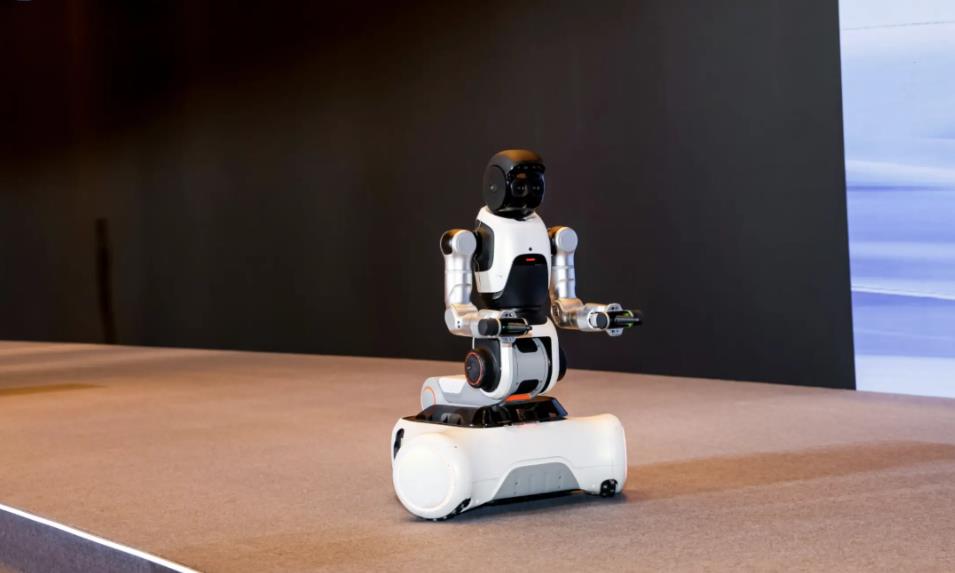






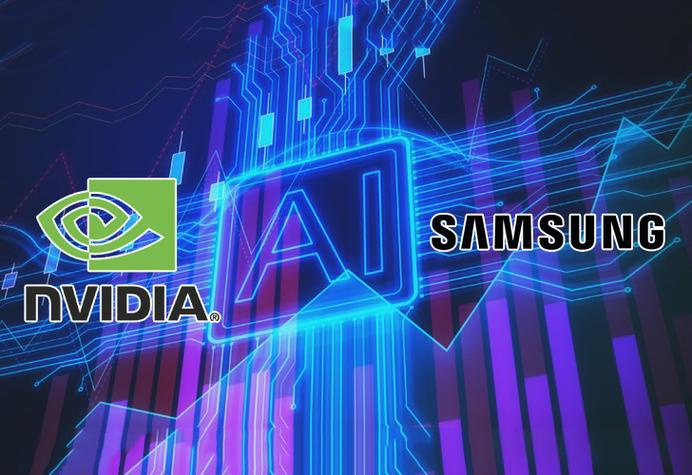

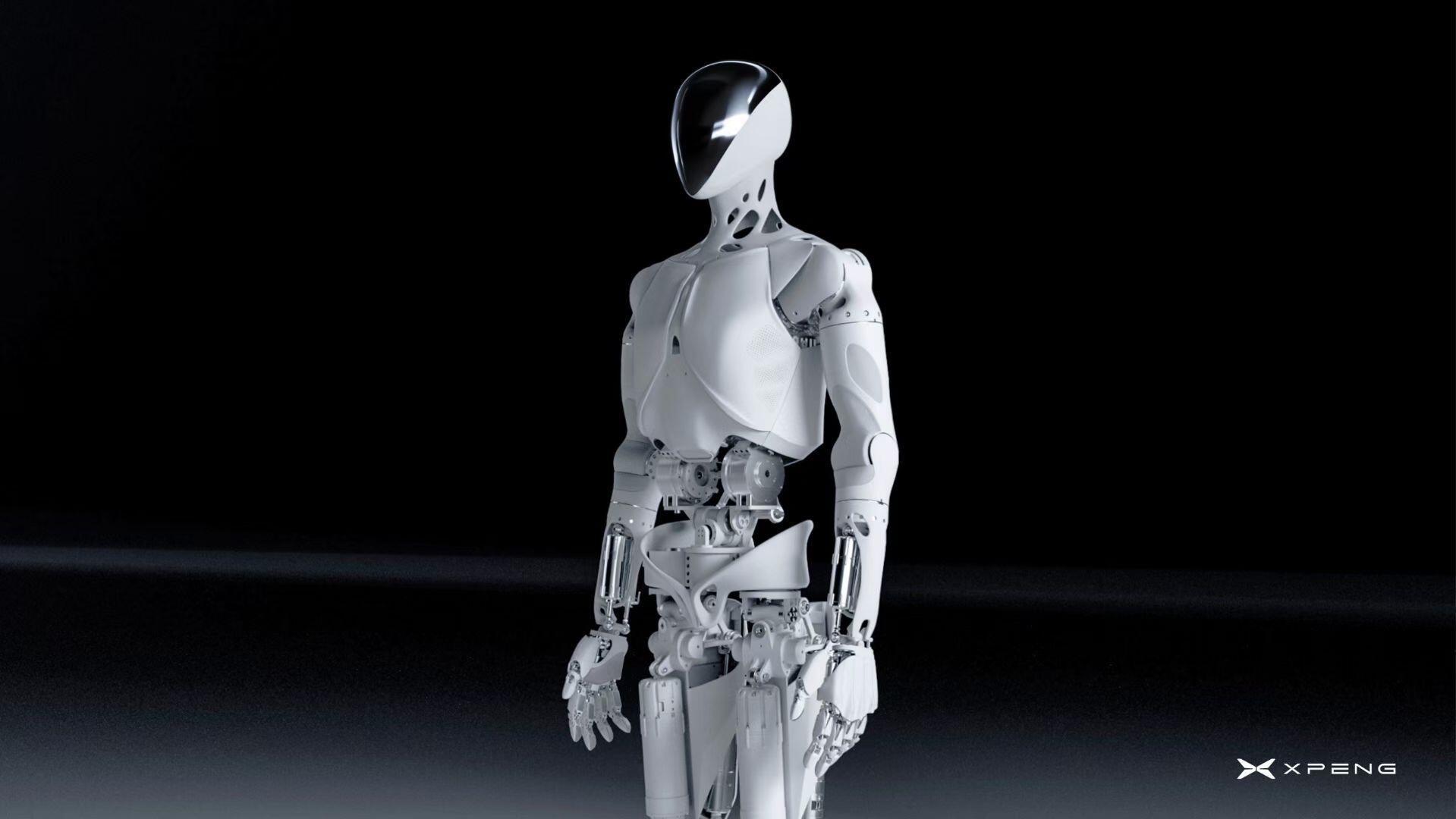
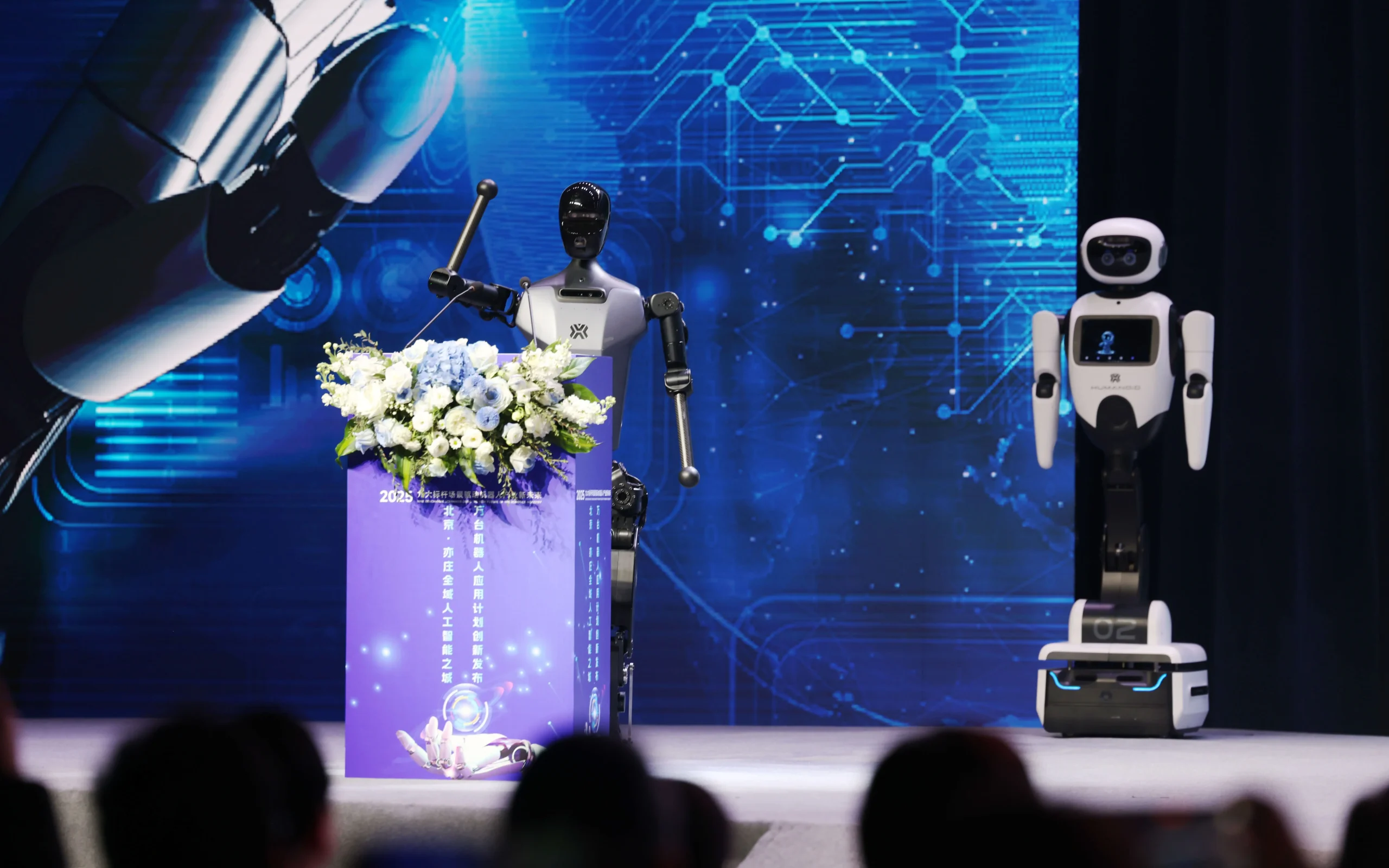
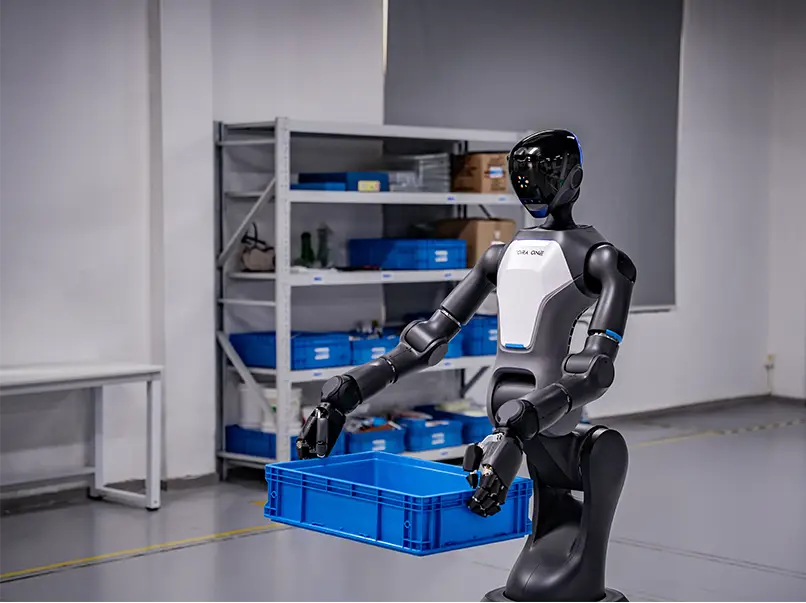
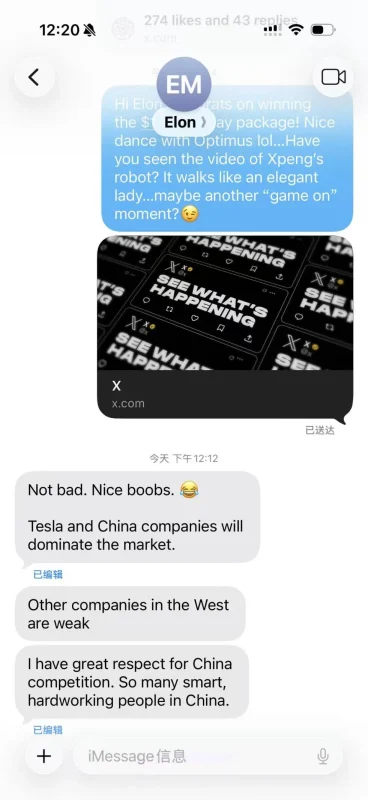


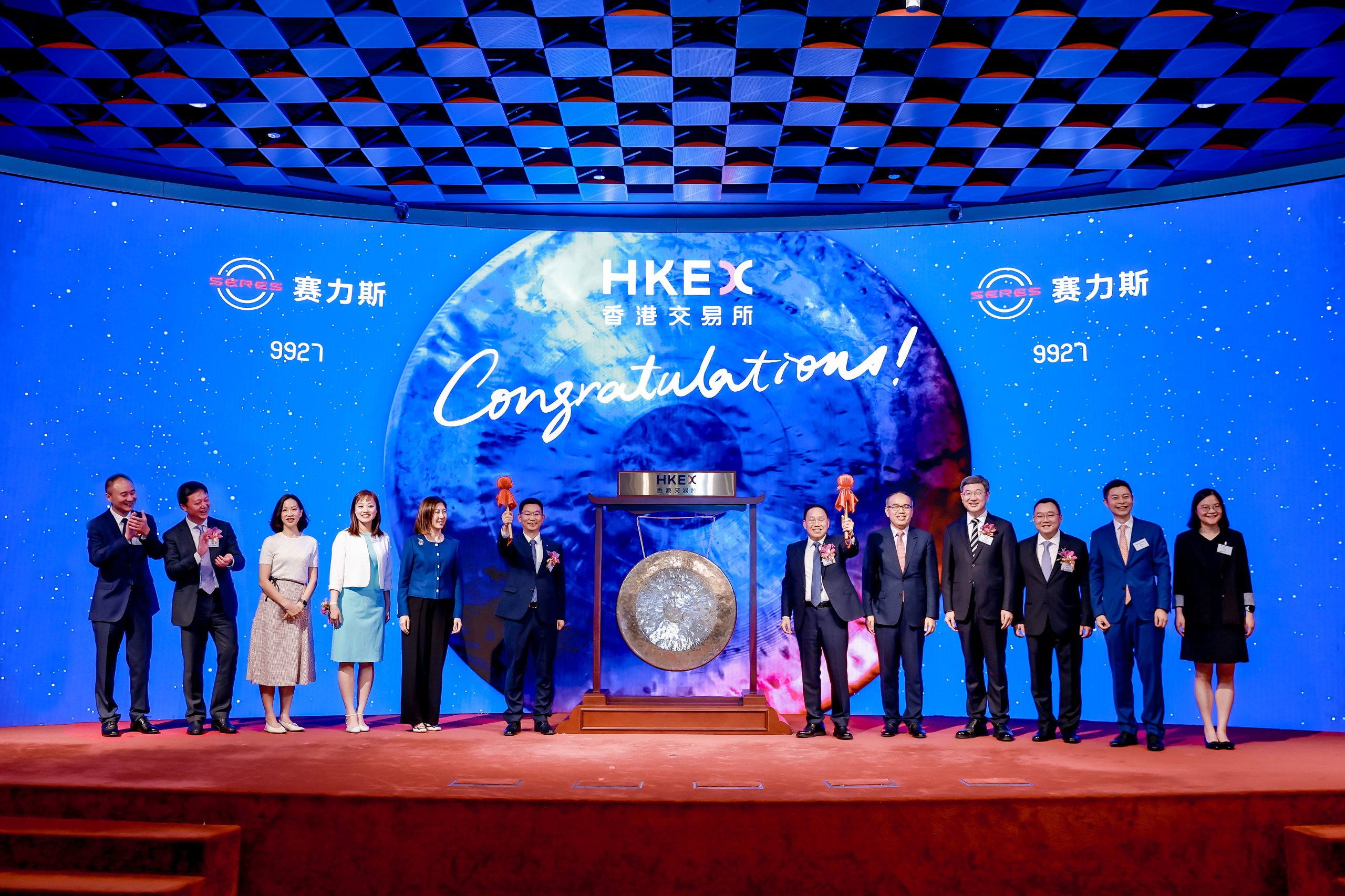



暂无评论内容